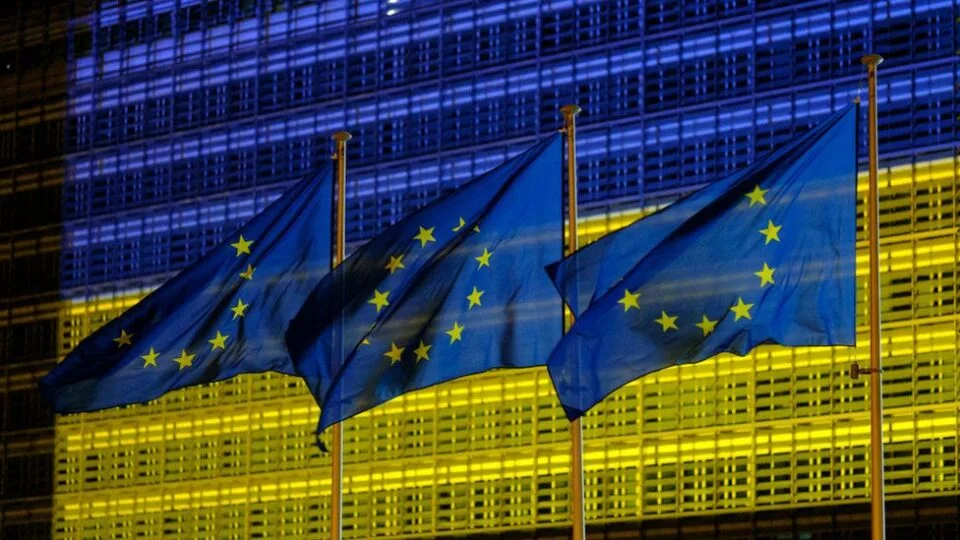The European Union is considering increasing entry fees for citizens of countries with a visa-free regime, including Ukraine. This initiative is part of the European Commission’s broader strategy to gradually reduce the debt that arose after the COVID-19 pandemic. This was reported by Politico.
The current ETIAS entry system, which is planned to be fully launched at the end of 2026, provides for a fee of €7 for citizens of more than 60 visa-free countries. These include the United States, the United Kingdom and Ukraine. At the same time, discussions are already underway in Brussels about a possible increase in this fee, arguing that inflationary changes have occurred since the initial approval of the amount in 2018.
For Ukrainian citizens, this will mean the introduction of an additional mandatory procedure — obtaining an entry permit through the ETIAS online system. Although Ukrainians will retain visa-free travel, each entry into the Schengen area will require prior approval, which will be valid for up to three years or until the passport expires.
Read also: Civilian men in Ukraine have the worst rates of neurotic depression
Interestingly, even if the fee is increased, the new charge will remain one of the lowest in the world. For comparison, the United States charges European tourists $21, and the United Kingdom charges £16. The EU expects the new system to affect more than 50 million travellers by 2027.
However, the overall financial impact of the fee will be relatively small. It is expected to bring less than €1 billion to the EU budget annually. This is only a small fraction of the €25-30 billion that the EU will have to pay each year from 2028 to service the debt taken on for post-COVID recovery.
Read also: EU invests €30 million to restore water supply to Kryvyi Rih after Kakhovka dam collapse
Other options for filling the budget are also being considered, including a €2 levy on imports of small goods from China (e.g. from Shein or Temu), as well as taxes on digital companies, aviation and the profits of multinational corporations. However, such measures are meeting with more opposition, especially from businesses and member states, which fear a decline in competitiveness.
Against this backdrop, the European Commission considers an increase in the entry fee to be a more balanced solution. Its administration is centralised, and the fee does not affect businesses or national tax systems.
Despite this, not all EU countries support the initiative. In particular, Germany has already expressed concern about the potential decline in Europe’s attractiveness as a tourist destination. The final decision may be made on 16 July, when the European Commission presents its updated budget proposal.
Read also: The number of Ukrainian refugees in the EU has increased again



